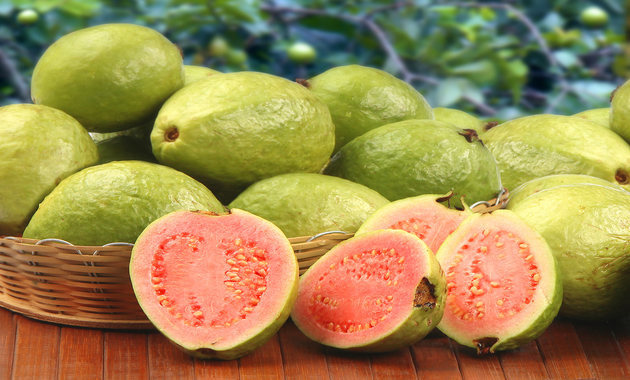Local farmers have been assisted in selling fruit to local chain supermarkets with a total output value of E10.9 million (US$605 518).
According to the Emerging Fruit Tree Production Marketing and Capacity Building project progress report, the fruit sold were guava, dragon fruit and strawberries.
The report also stated that the project also assisted farmers with smart agriculture facility cultivation, expansion of the supply system of healthy fruit tree seedlings thus producing a total of 197 869 fruit tree seedlings with a cumulative output value of over E6.8 million (US$ 379 939).
They expanded the cultivation area of fruit trees and promoted an additional 12.578 hectares of dragon fruits, guavas and strawberries through collaborations with the ministry of ministry of agriculture, Taiwan International Cooperation and Development Fund (Taiwan ICDF), Eswatini Water and Agricultural Development Enterprise (EWADE) and National Agriculture and Marketing Board (NAMBoard).
In the report, Project Manager Chih-Cheng Lee said over 880 people were capacitated several times through field day, group trainings, farmer cooperatives and more.
He said they also formed facilities that included three mother tree tunnels, nine screen houses and two plastic houses for seedling production and plant tissue culture lab.
“We also assisted in the operation of one tissue culture laboratory, banana tissue culture technology brochure, guava and dragon fruit seedling propagation technology brochure, guava, dragon fruit and strawberry cultivation technology brochure, strawberry post-harvest technology and jam production brochure and compost preparation guide brochure,” he said.
Also Read: EswatiniBank, EEA explore green climate funding
Adding, he said the project aimed to improve total output value through sales, seedling supply base, capacity building and more, by providing agricultural services station and collected and traces agri-survey.
This, he said would help to increase the yield and quality of production, local market demand, establish a sales mechanism and local market demand.
He noted that Eswatini regarded agriculture and animal husbandry as key pillars of its economy.
However, he said agricultural production had long been dominated by sugarcane monoculture, which has been negatively impacted by the decline in international sugar prices and the withdrawal of preferential trade agreements with the European Union.
Building upon this success, he said the current project aimed to scale up the production capacity of selected fruit trees specifically guava, pitaya and strawberries.
The project manager said it also sought to increase the contribution of fruit trees to the total agricultural output value of the country, adopting a strategic marketing approach, prioritising domestic demand with export as a secondary focus, while also enhancing post-harvest handling technologies for fruit products.
“These changes have adversely affected farmers’ livelihoods.
To address this issue and diversify both agricultural production and farmers’ income sources, the Taiwan International Cooperation and Development Fund (TaiwanICDF) introduced emerging crop technologies.
‘‘Through this initiative, farmers in Eswatini have been guided to cultivate market-oriented crops such as bananas, guava, pitaya (dragon fruit), papaya and strawberries.
‘‘In parallel, TaiwanICDF has supported the strengthening of the value chain and sales systems, successfully assisting 800 farmers in achieving a 39.48 per cent increase in income per hectare,” added the project manager.









